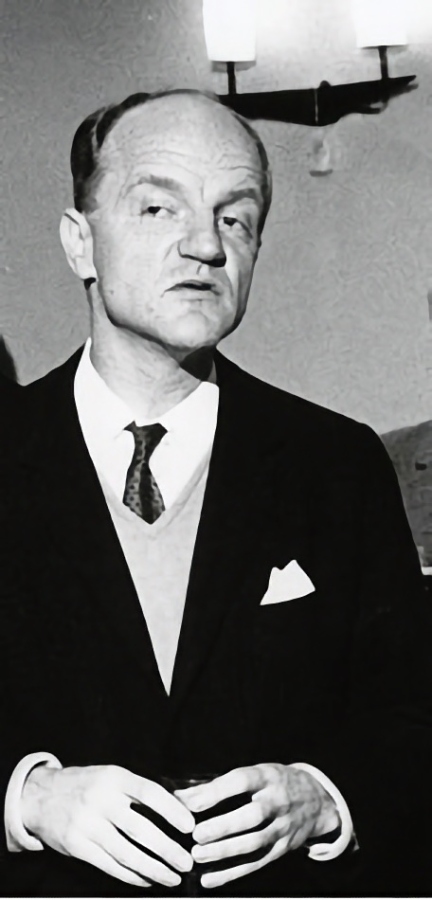He composed slowly and unfashionably, which is why he remained known more as a man who wrote brilliantly about music but not necessarily composed just as interestingly.
There were also funny situations. In the editorial office often proofs of successive issues of Ruch, not always up to date, would be piled up on the desks, although we tried to throw them away when an issue was already printed. Mycielski the editor, who from time to time had fits of remorse that perhaps he did not do enough for the journal, would come to the editorial office in the morning and would sit down to proofread enthusiastically. And sometimes he would proudly bring us corrected proofs of an issue that was already on sale...
When we [Ruch Muzyczny – B.B.-L] were evicted from Teatr Wielki, he was no longer part of the editorial board, having been dismissed in 1968 – he was punished for joining the protest against taking off Mickiewicz’s Forefathers’ Eve at the National Theatre. I am convinced that had Mycielski been the boss of Ruch in 1969, we would not have been removed from the theatre so easily – for the ministry had a great deal of respect for him, regardless of the political sanctions imposed on him. [...] Without Mycielski, however, it was much easier for the authorities both to bring their people into the editorial board and to evict us from our office.
From the interview conducted by Beata Bolesławska-Lewandowska
(Mycielski. Szlachectwo zobowiązuje, Kraków 2018)
